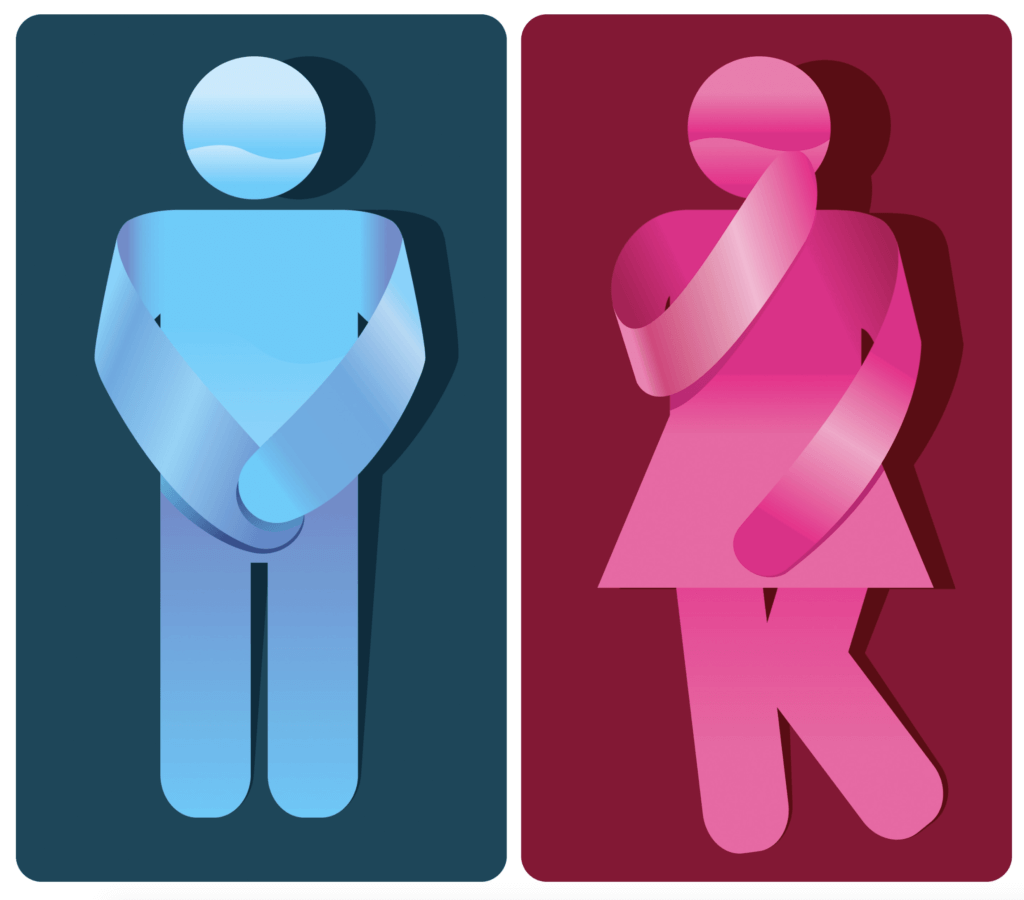Urinary incontinence is a problem that is associated with the involuntary and uncontrollable passage of urine. It usually occurs when the muscles and the tissues that support the pelvic organs become loose or weak. This can result from a number of causes, including urinary tract infection, pregnancy, childbirth, and menopause among others. Some neurological issues, such as multiple sclerosis, are also known to cause urinary incontinence. The good news is that with the assistance of a reliable Wildwood, FL urogynecologist, urinary incontinence is an issue that can be managed. In addition to working with a urogynecologist, below is a rundown of tips that you can count on in managing the condition.
Pelvic Floor Exercises
The pelvic floor is made up of muscles that support the bowel and the bladder. If the muscles are weak or loose, you may pass urine unwillingly when you laugh, sneeze, or cough. You may also need to urinate more frequently. In order for you to strengthen the muscles, you may have to learn about kegel exercise. Regular pelvic muscle exercises will go a long way in ensuring that you recover fully, especially after receiving any treatment.
For sexually inactive women with incontinence, vaginal dilators medical devices, along with Kegel exercises, can help restore the vaginal opening and may cause painful sex later on. Sexual inactivity can weaken and eventually shrink the muscles in the vagina and pelvis, but using dilators with pelvic floor muscle therapy can help strengthen your muscles and train the body and brain for pain-free sex.
Retrain Your Bladder
Patients with urinary incontinence tend to urinate way too often just to ensure that they don’t have an accident while out in public. Unfortunately, although this behavior can help them to cope, it has some negative effects. For instance, it causes the bladder to become used to holding less urine, and this makes it overactive and more sensitive. Retraining your bladder is a behavioral approach that seeks to enhance the ability of the bladder to hold more urine for an extended period of time. When you feel like urinating, try to delay your visit to the bathroom by some minutes and keep gradually increasing this delay. Finally, your bladder may become used to holding more urine, and for longer.
Maintain a Healthy BMI
Being obese or overweight is one of the risk factors that are associated with urinary incontinence, especially with women. Studies have shown that women who are overweight or obese are two times more likely to develop urinary incontinence than those with a normal BMI. Therefore, if you are overweight, it is imperative for you to take deliberate steps to lose weight if you want to get the issue of urinary incontinence under control.
Limit Caffeine and Alcohol Intake
Caffeinated beverages and alcohol are known to increase the production of urine. Therefore, if you are living with the issue of urinary incontinence, consuming alcohol and caffeine can make it more difficult for you to manage the condition. Therefore, it makes sense for you to avoid them altogether.
The bottom Line
Overall, it is apparent that urinary incontinence can be quite an embarrassing medical condition. The good news is that with the assistance of a professional urogynecologist, the issue can be managed and even treated. If you are looking for a reliable urogynecologist in Wildwood, FL to help you with the issue of urinary incontinence, NUWA is an excellent women’s care facility to consider. Feel free to contact or visit them today for more information about their various services.








